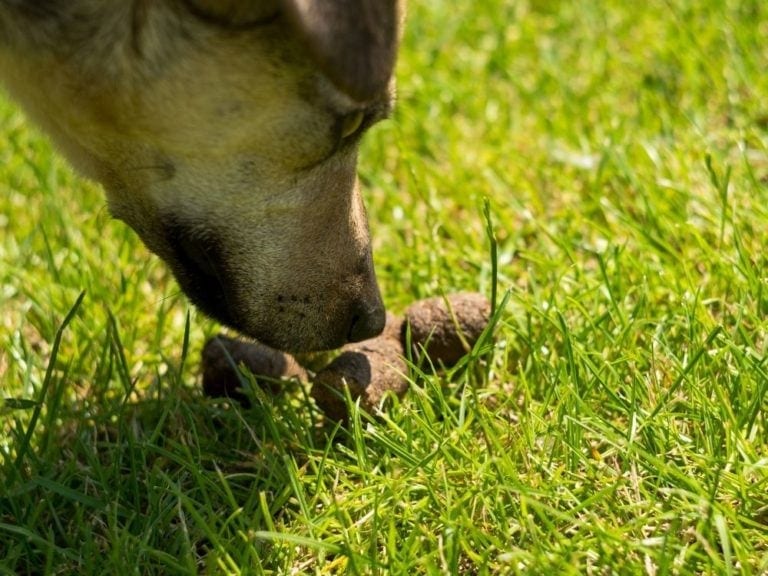As a dog owner, it can be very shocking the first time you see your dog eating poop. Is it normal for dogs to do this, or do you have reason to be worried?
Eating poop is very normal behavior among dogs. This behavior is far more common in puppies, though it can be observed in dogs of any age. While the behavior is gross and repulsive to you, it is usually harmless to your pooch, though it can sometimes cause your dog to get infected with diseases.
If your dog is obsessed with eating poop, you definitely want to put a stop to that behavior, especially if your dog also likes to kiss or lick you, or if your dog spends a lot of time with your kids.
In this article, we’ll take a look at all you need to know about this seemingly disgusting behavior, including the causes of coprophagia in dogs, the diseases that your dog can catch from eating poop, how to clean your dog’s mouth if they eat poop, why your dog brings their poop indoors, as well as your various options when it comes to putting a halt to the behavior.
To get started, let’s look at the reasons that could cause your four-legged buddy to eat their own poop.
Why Do Dogs Eat Their Own Poo?
Puppies normally eat their own poo as part of their exploration of the world around them, much like a human baby tries to put everything in their mouth. If an older dog starts eating poo all of a sudden, this can be caused by various behavioral triggers, including…
Stress And Anxiety
If your dog is anxious or stressed, this can result in your dog picking up strange eating behaviors, including eating their own poop. Stress and anxiety can be caused by things like changes in routine, addition of new pets, loneliness, a family member moving out, and so on.
Cleanliness
Sometimes, dogs will eat stool as a way of cleaning up after themselves. This is especially true for dogs that are confined in very small spaces. It is also perfectly normal for female dogs to eat their puppies poop to clean up after them.
Attention Seeking
Some experts believe that your canine buddy could also start eating their own poop in an attempt to get your attention and elicit a reaction from you.
Scavenging
It is totally normal for dogs to scavenge for food, and sometimes, poop could look like food to your dog. To humans, the smell of poop is disgusting, but this is not so for dogs, especially if the poop contains some undigested protein. This can make dogs see poop as a delicacy.
Boredom
Sometimes, your furry buddy will eat poop simply because they are bored and don’t have much else to do. This is their way of entertaining themselves while getting a snack.
Copied Behavior
If you are bringing up a younger dog together with an older dog who eats poop, the younger dog will sometimes learn this behavior from the older one and start eating poop themselves.
Punishment
If you are used to punishing your dear fido whenever they have a potty accident, your dog will make the assumption that poop is a bad thing that gets them punished. Therefore, whenever they finish their business, they will eat the poop in a bid to hide the evidence that may get them punished.
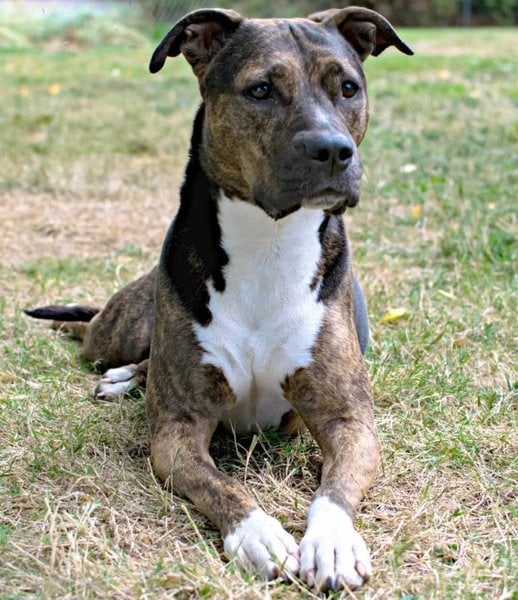
What Causes Coprophagia In Dogs?
If you’re wondering what coprophagia means, it is the scientific name for eating poop.
Aside from the behavioral triggers discussed above, coprophagia can also be caused by medical issues like exocrine pancreatic insufficiency, parasites, underfeeding and malabsorption, and other deficiencies.
Exocrine Pancreatic Insufficiency
Exocrine Pancreatic Insufficiency (EPI) is a genetic condition that affects a dog’s ability to produce digestive enzymes. Dogs affected with this condition have reduced ability to digest nutrients from the food they eat, which can lead to the dog starving even though they are getting enough food to eat.
This failure to get sufficient nutrients can push a dog with EPI to eat their poop as an attempt to get more nutrients into their bodies. Other symptoms of EPI include diarrhea, weight loss, and increased appetite.
Parasites
When a dog is infected with intestinal parasites, these parasites get nutrients from the food your dog is eating, which results in the dog not getting enough nutrition. This in turn leads to increased appetite in the pooch, and sometimes, such dogs will turn to poop to meet their increased need for food.
Underfeeding And Malabsorption
If your dog is not getting enough food, or if your dog is suffering from any other condition that affects their ability to absorb nutrients from ingested food, they’ll try as much as possible to get these nutrients, even if that means eating their own stool.
Other Deficiencies
Coprophagia can also be caused by other deficiencies, which are usually caused by failure to provide your canine buddy with a nutritious, balanced diet. For instance, if your doggie is not getting enough vitamins or minerals from their food, they will eat stool in hopes of plugging the deficiency.
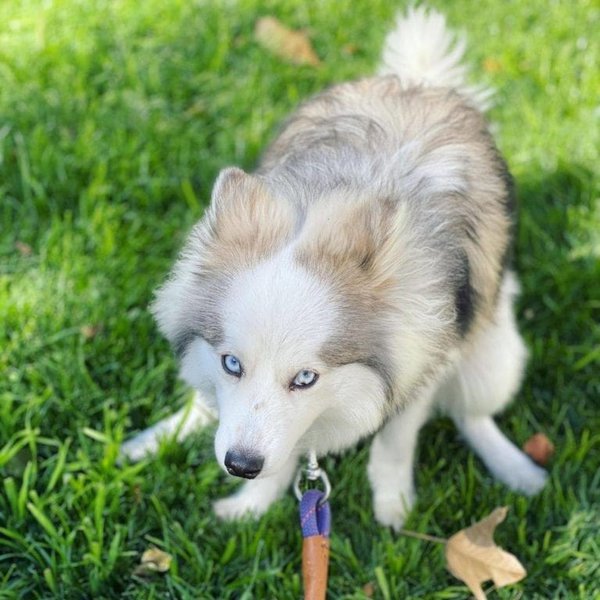
Why Does My Dog Bring His Poop In The House?
If you routinely find dog poop in the house, this could be caused by inadequate potty training, inadequate potty breaks, aging, medical issues, or anxiety.
Inadequate Potty Training
Sometimes, you might assume that your dog is adequately potty-trained after they do their business outside for a couple days, only to come home one day and find some dog poop on your carpet. In most cases, this shows that your pooch has not totally learned the potty training, so you’ll need to train them for a little longer.
Inadequate Potty Breaks
If you’re not giving your canine buddy adequate opportunities to go out and do their business, they’ll definitely be unable to hold it in any longer and go in the house. To avoid this, ensure that your dog gets a potty break after every couple of hours. If you’re not home, have someone come over and let your dog out after every couple of hours.
Aging
As your dog grows older, they will become less and less capable of holding their bowel movements for long periods of time, which increases the likelihood of potty accidents. In addition, some senior dogs also develop a condition known as canine cognitive dysfunction, which affects their cognitive abilities and could make them forget their potty training.
Fear
Dogs feel a lot of vulnerability while they are pooping, and therefore, if there is anything that makes them feel afraid when they go out for a potty break, they are unlikely to do their business there. Instead, they’ll opt to hold it in, which means they’re more likely to do it in the house.
Medical Problems
Some health conditions, including intestinal parasites and inflammatory bowel disease can affect your dog’s ability to control their bowel movements, thus increasing the probability of your dog pooping in the house.
Anxiety
When your dog is anxious or stressed, and particularly when they have separation anxiety, the anxiety can manifest itself through pooping indoors. This is because dogs do not have the ability to control their bowel movements when they are under duress, even if they are properly potty-trained.
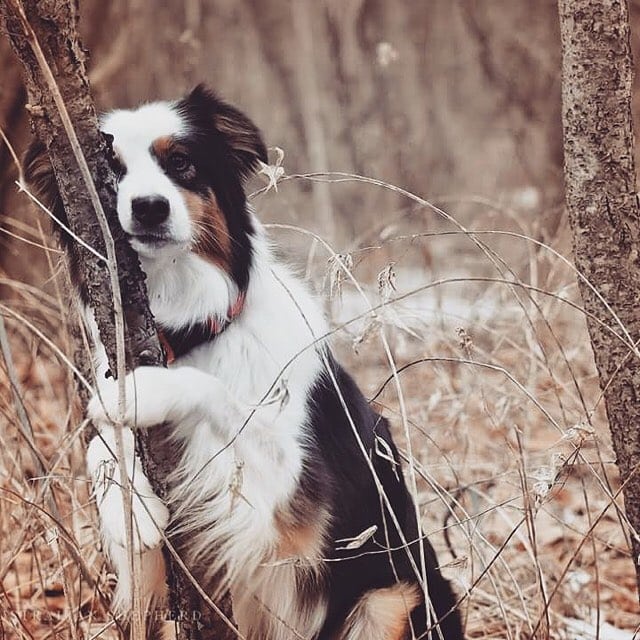
Can Dogs Get Sick From Eating Their Own Poop?
It is very unlikely for a dog to get sick from eating their own poop. However, they can get sick from eating the poop of another dog or other animal that is sick.
Some of the diseases that dogs can get from eating poop include…
- Parvo
- Campylobacter and Salmonella bacteria infection (from eating avian poop)
- Histoplasmosis (from avian poop)
- Bacteria infection
- Coccidiosis
- Intestinal worms
- Gastroenteritis
- Giardia
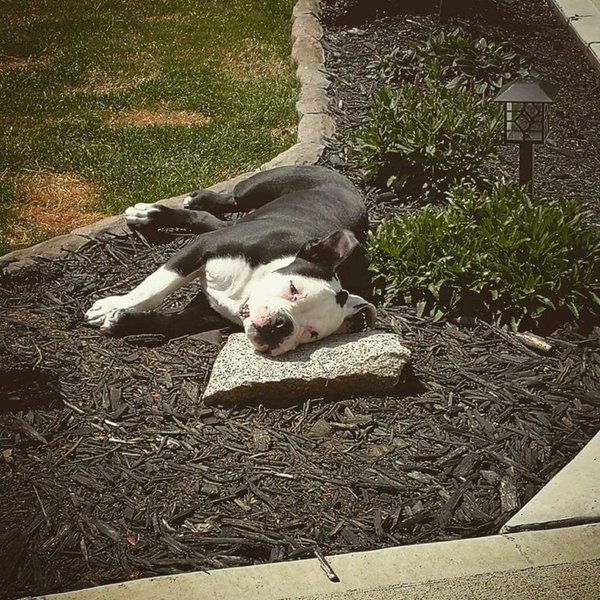
Can A Dog Get Parvo From Eating His Own Poop?
No, dogs cannot get parvo from eating their own poop, since there won’t be any parvovirus in their poo. If there is parvovirus in your dog’s poop, then it means they already have parvo.
How Does A Dog Get Parvo?
Parvo is spread primarily through oral contact with the stool of infected dogs.
This means that if your furry buddy decides to make a snack out of the poop of other dogs, they may get the disease if the other dog is infected.
Note, however, that your dog does not necessarily need to eat another dog’s poop to get parvo. Parvo can also be spread through indirect contact.
For instance, if an infected dog poops on grass, the parvovirus will remain on the grass for some time. If your dog happens to eat this grass, they’ll get infected, even if the contaminated poop has already decomposed.
If your dog walks or lies over contaminated ground, they will also pick up some of the parvovirus on their paws or fur. As they lick themselves afterwards, they could swallow some of the parvovirus on their paws or fur, leading to the infection.
Dogs can also get parvo indirectly from other dogs by sharing bowls, crates, beddings, and even collars and leashes. This is why it is very important to make sure that your dog is vaccinated against parvo.
Can A Dog With Parvo Survive?
Parvo is a very serious disease that causes acute vomiting and diarrhea. Left untreated, the diarrhea and vomiting can quickly leave a dog dehydrated, ultimately leading to death. Without treatment, most of the dogs infected with parvo will not survive.
Fortunately, the disease can be treated, with a survival rate of more than 80% for dogs that get treatment. There is no cure for the disease, so treatment focuses on managing the vomiting and diarrhea and preventing secondary bacterial infections until your dog’s immune system is able to fight off the virus.
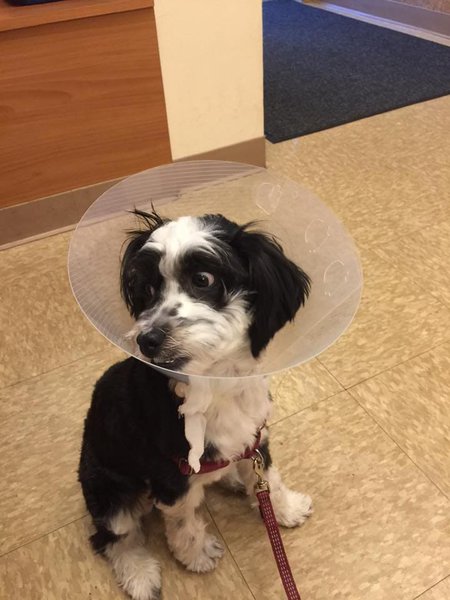
What Parasites Can Dogs Get From Eating Poop?
Some harmful parasites that your dog can get from eating poop include roundworms, hookworms, whipworms, giardia, and coccidian.
Roundworms
These are the most common parasites that your canine buddy can get from ingesting poop. These parasites look like strands of spaghetti in dog poop.
Once ingested, the worms will find their way to your dog’s intestines, where they’ll attach themselves and start feeding on the digested food being absorbed by your dog’s intestines.
Hookworms
Just like roundworms, hookworms live in your dog’s intestines, but they feed on blood rather than digested food. As a result, they can have very serious effects on your dog’s health, especially in puppies.
Dogs typically get hookworms by coming into oral contact with poop contaminated with hookworm larvae.
However, if your dog sleeps in an area contaminated with hookworm larvae, the larvae can penetrate through the skin.
Whipworms
Your dog can also get whipworms after ingesting poop from an infected dog. Fortunately, whipworms rarely affect a dog’s health, and will not show any symptoms.
Giardia
Giardia are single-celled parasites that lead to a condition known as giardiasis. Dogs get infected through eating or drinking something that has come into contact with contaminated stool.
Some of the symptoms of giardiasis include weight loss, diarrhea, and stool with lots of mucous.
Coccidia
This is another single-celled parasite that can be spread through infected poop. The major symptom of a coccidian infection is diarrhea. In puppies, coccidian infection can lead to death if left untreated.
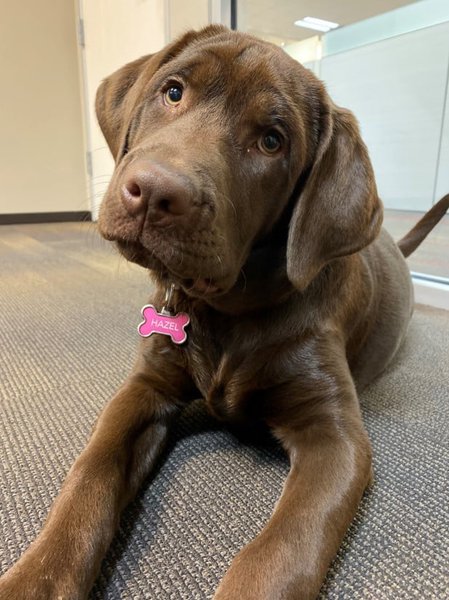
How Do I Clean My Dog’s Mouth After Eating Poop?
You can clean your dog’s mouth after eating poop using dental chews, using a washcloth, using mouthwash, or by brushing your dog’s teeth.
Give Dental Chews
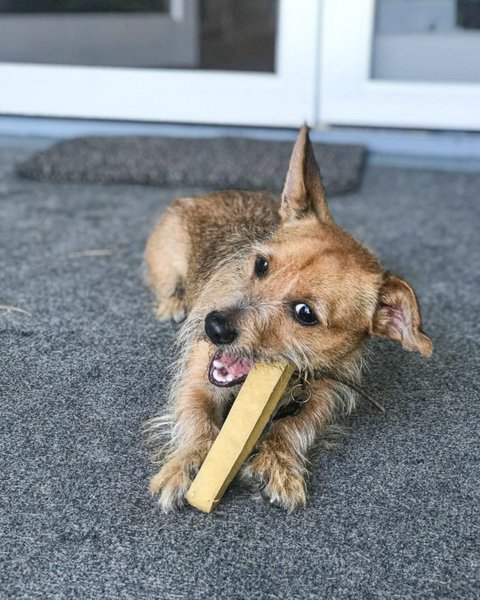
If you notice that your dog has eaten poop, the easiest way to clean their mouth is to give them dental chews. As your pooch chews on the dental treat, they will produce lots of saliva, which, coupled with the friction from the chew, will help get rid of any bits of poop sticking on their teeth.
Dental chews also contain ingredients and herbs that will help get rid of the smell of poop, thus giving your furry buddy better breath.
Use A Washcloth
A wash cloth can also help you clean your dog’s mouth if you just caught them enjoying a poopy snack. Dip the wash cloth in coconut oil or salty water, wrap the cloth around your finger, and then use it to clean your dog’s mouth and teeth.
Use Mouthwash
You can either apply some mouthwash on a cloth and use it to clean your dog’s mouth, or add the mouthwash to your dog’s drinking water and let the water and mouthwash dissolve the poop as your dog laps up the water. However, avoid using mouthwash meant for humans on your dog.
Brush Your Dog’s Teeth
This is the most effective way to clean and disinfect a dog’s mouth if they’ve eaten poop. You’ll need a dog toothbrush and dog toothpaste for this. Alternatively, you can use a toothbrush meant for young kids.
Apply the dog toothpaste on the brush and gently brush your pooch’s teeth and gums. Once you’re done, wrap a damp cloth on your finger and use it to wipe off any remaining toothpaste from your dog’s mouth.
How Can I Stop My Dog Eating Its Poo?
Some of the things you can do to stop your dog eating its poo include cleaning up after them, changing their diet, teaching the “leave it” command, giving vitamin supplements, and using taste-aversion products.
Clean Up After Your Dog
The most effective way of keeping your doggie from eating their own poop is to quickly clean up after your dog after they do their business.
By keeping things clean, there won’t be any poop for your dog to eat. However, this means you have to supervise your dog whenever they’re outside so that you’re aware whenever they poop.
Change Your Dog’s Diet
If your dog is having a hard time digesting their food, there will be lots of undigested food in their poop, which makes their poop look like a snack. You can prevent this by switching to high-quality foods that contain easy-to-digest proteins.
Teach The “Leave It” Command
This command tells your dog that they are not allowed to mess up with something. This way, whenever you notice your dog sniffing around their poop, telling them to “leave it” will make them understand that they are not supposed to be messing with the poop.
Give Vitamin Supplements
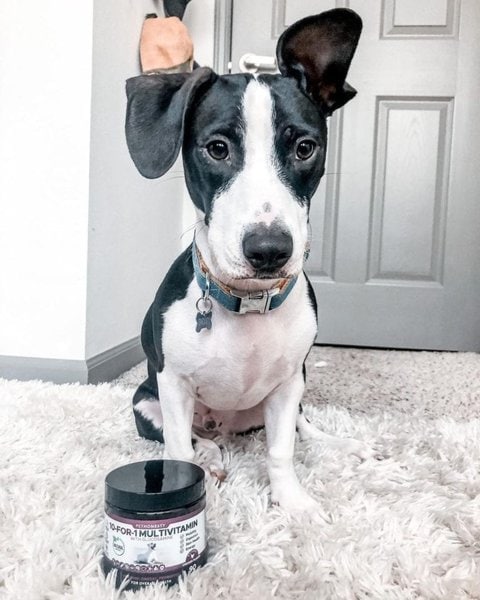
We already saw that vitamin and mineral deficiencies could be contributing to your doggie’s coprophagia. If this is the case, you can stop the coprophagia by giving your pooch vitamin supplements.
Use Taste Aversion Products
Dogs sometimes snack on their poop because the poop smells and tastes good. If this is the case, you can stop your four-legged buddy from eating their poop by adding products that make their poop’s smell and taste undesirable to them. Examples of such products include garlic, pineapple, pumpkin, and meat tenderizer.
Will A Muzzle Stop My Dog From Eating Poop?
Yes, a muzzle can keep your canine buddy from eating poop. However, they’ll still have the desire to eat the poop, which means more cleaning duties for you.
When your dog is fitted with a muzzle, what the muzzle does is prevent your dog from being able to reach the poop with their mouth. However, your dog will still attempt to get at the poop, which means you’ll need to frequently clean up a muzzle that is covered in dog poop.
Most people also assume that muzzled dogs are usually aggressive, so you should be ready to have people avoid you because of the fear that your beloved fido could try to attack.
If you decide to use a muzzle, take the time to get your pooch used to the muzzle, and give treats whenever they wear the muzzle. Introducing the muzzle suddenly can make your dog anxious and fearful.
We recommend this Breathable Basket Muzzle Dog, which has a basket design that will prevent your furry buddy from snacking on poop, while still making it possible for them to drink and pant. It is also made using soft but tough rubber that can be adjusted to match your dog’s size.
What Can I Spray To Stop My Dog From Eating Poop?
You can also stop your dog from eating poop by spraying vinegar solution or bitter apple directly on your dog’s poop.
Spraying your dog’s poop with a solution of vinegar and water or bitter apple changes the acidity and smell of your dog’s poop, thus making it undesirable for your canine buddy. This will deter your dog from sniffing or eating their poop.
Aside from spraying bitter apple or vinegar solution, you can also deter your dog from eating poop by applying tabasco sauce or red pepper flakes on your dog’s poop.
These substances will change the taste of your dog’s poop, and if done over a period of time, your dog will gradually learn that their poop doesn’t taste good and therefore stop eating the poop.
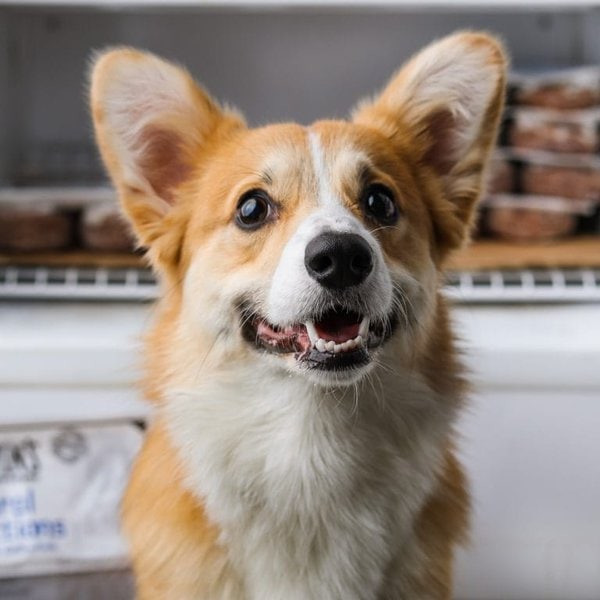
Does Garlic Stop Dogs From Eating Poop?
Yes. Adding garlic to your dog’s food can stop your dog from eating their own poop.
While garlic will not make your dog’s food unpalatable for them, the digested garlic in your dog’s poop will make the poop taste terrible and can therefore deter your dog from eating the poop.
You should note, however, that garlic contains a substance known as thiosulfate, which can be toxic to dogs in high quantities. Therefore, you should only give garlic to your fido in very small amounts. You can add garlic to your dog’s food about one or two times in a week.
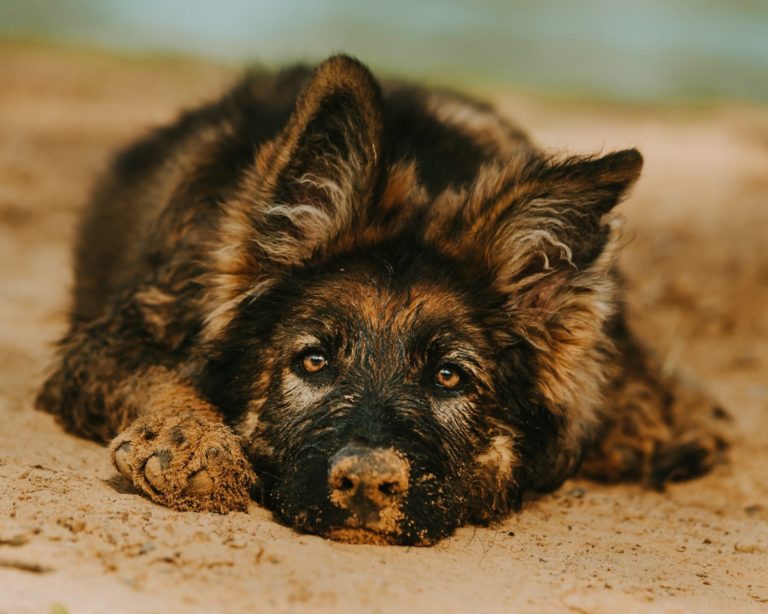
Why Does Pineapple Stop Dogs From Eating Poop?
Pineapple will stop your dog from eating poop because it contains a substance known as Bromelain. Bromelain serves two purposes. It enhances the digestion of proteins in your dogs’ food, and at the same time changes the smell of your dog’s poop, making it undesirable.
Part of the reason dogs feed on their poop is because there are some undigested proteins in the poop that make the poop smell like food. When you add pineapple to your dog’s food, Bromelain ensures that most of the protein in your dog’s food will get digested, so there will be no nutrients in the poop to attract your dog.
In addition, the digested pineapple will also alter the smell of your dog’s poop, making it less tempting for your dog to want to eat it.
When giving your pooch pineapple, cut the pineapple into small pineapples and give a few chunks as snacks. You can give the pineapple two to three times in a week. Avoid giving canned pineapple, since the process of canning removes Bromelain.
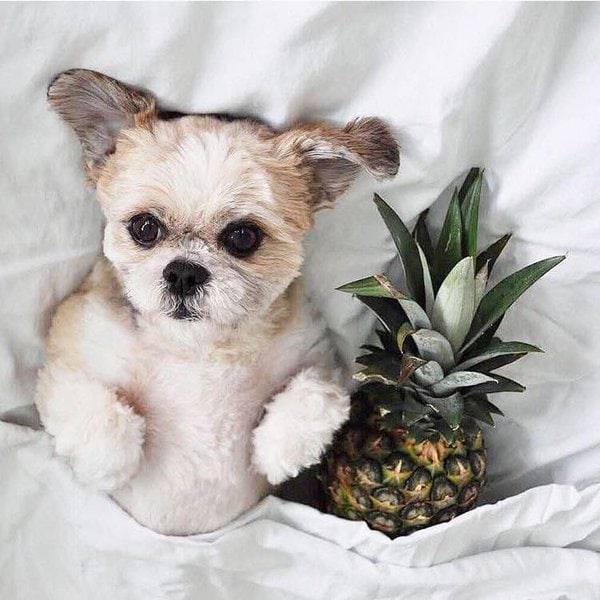
Does Pumpkin Help Dogs Stop Eating Poop?
Pumpkin can also be used to help dogs stop eating poop. This is because, like pineapple, pumpkin makes your dog’s poop taste bad, but does not negatively affect the taste of your dog’s food.
Aside from being a taste aversion product, pumpkin also contains high fiber content, which acts as a prebiotic that promotes the growth of healthy bacteria (probiotics) in your dog’s gut.
A good balance of probiotics means your dog is unlikely to go foraging for poop in order to increase the healthy bacteria in their gut.
Unlike with pineapples, canned pumpkin is good for your dog. A great option for your dog is Libby’s 100% Pure Pumpkin 3 PK 29-oz Cans. Adding a few spoons of Libby’s 100% Pure Pumpkin to your dog’s food will give your pooch a healthy dose of Vitamin A and fiber and make your dog’s poop repulsive to them.
How Much Pumpkin Do You Give A Dog To Stop Eating Poop?
To stop your dog from eating their own poop, mixing 1 to 4 tablespoons of canned pumpkin to your canine’s food is enough, depending on your dog’s weight. A tablespoon for every 10 lbs is adequate.
While pumpkin is good for helping dogs stop eating poop, eating a lot of pumpkin can add excessive amounts of fiber to your fido’s diet.
This is bad for two reasons. First, too much fiber is tough for your dog to digest. Second, a lot of fiber inhibits the ability of your doggie’s gut to absorb the other nutrients in their food. This means that, despite eating lots of food, your dog will not be getting enough nutrients. As we saw earlier, this can encourage coprophagia.
Pumpkin can be harmful to dogs with conditions like diabetes, so you should consult your vet before feeding your pooch with pumpkin if they’ve been diagnosed with any health condition.
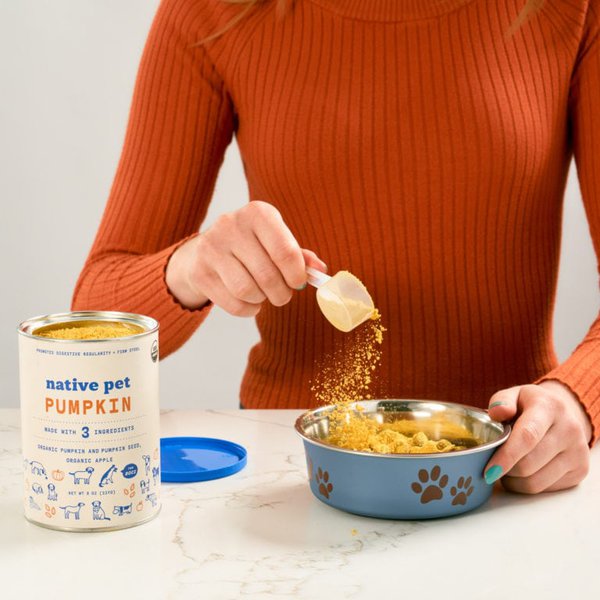
Does Putting Meat Tenderizer Stop Dogs Eating Poop?
Meat tenderizer can also help your dog stop eating poop. This is because meat tenderizer contains Bromelain, the same proteolytic enzyme that is found in pineapples.
When you add meat tenderizer to your dog’s food, the meat tenderizer speeds up the digestion of protein. More effective digestion of protein means there will be very little undigested protein in your doggie’s stool, thus making it less savory for your pooch.
Experts also believe that meat tenderizer makes your dog’s stool less appealing to your dog because of the same enzyme.
As one of the most popular meat tenderizers, you could be wondering whether you can use Adolph’s meat tenderizer in your dog’s food. Fortunately, Adolph’s meat tenderizer is totally safe for dogs.
Simply sprinkle a little amount of the tenderizer on your fido’s food regularly and their desire to eat their poop will stop gradually. Avoid adding too much tenderizer, however, since it can upset your fido’s stomach.
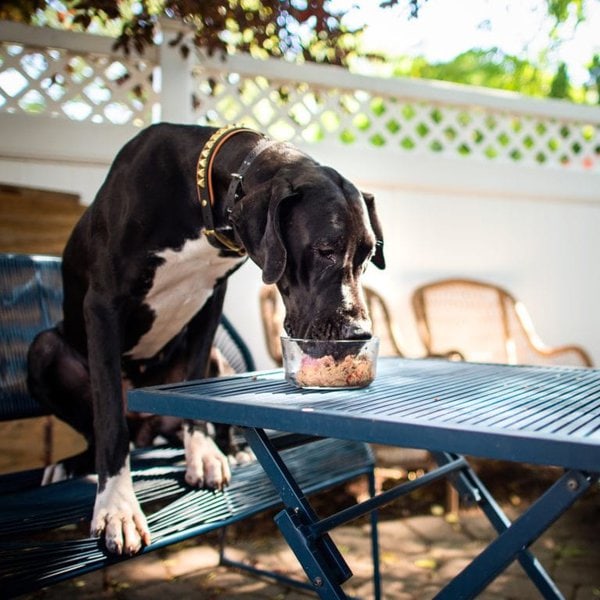
What Meat Tenderizer Will Make A Dog Eat Poop?
No meat tenderizers are known to encourage poop eating in dogs. However, some meat tenderizers contain monosodium glutamate (MSG), which can be harmful to your dog and should therefore be avoided.
Some people believe that MSG, which is present in a lot of meat tenderizers, can help stop coprophagia by making your dog’s poop taste metallic, thus discouraging your dog from eating the poop.
While claims about MSG stopping coprophagia are unproven, MSG has been found to have harmful effects on dogs (and even people). Experts believe that MSG can alter brain response in both humans and dogs, while another study found that MSG can cause obesity, diabetes, and liver inflammation in animals.
Therefore, if you decide to use meat tenderizer to stop your beloved canine from eating their poop, you should avoid meat tenderizers that contain MSG. Adolph’s Meat Tenderizer is a great option because it doesn’t contain any MSG or added flavors.
What Is The Best Coprophagia Deterrent For Dogs?
The best coprophagia deterrents for dogs are products that contain ingredients like garlic, yucca schidigera, parsley, and chamomile, as well as digestive enzymes like bromelain and papain.
Products containing these ingredients make your dog’s poop taste and smell terrible for your pooch, thus reducing the likelihood that your dog will want to snack on the poop.
Aside from using coprophagia deterrents, you can also prevent coprophagia by feeding your canine buddy the right kind of food. So, what dog food is best for dogs that eat poop?
The best dog food for dogs with coprophagia is food that is easy to digest. Easy to digest food means that there won’t be any undigested food matter in your dog’s poop that could encourage your dog to eat their poop.
If your four-legged buddy eats their poop, a great food option we recommend is Pet Plate’s Barkin’ Beef.
Pet Plate’s Barkin’ Beef contains a high amount of highly digestible protein that is good even for finicky eaters. This means there’ll be very little amounts of undigested protein in your dog’s poop, and therefore, little incentive for your dog to eat their poop.

